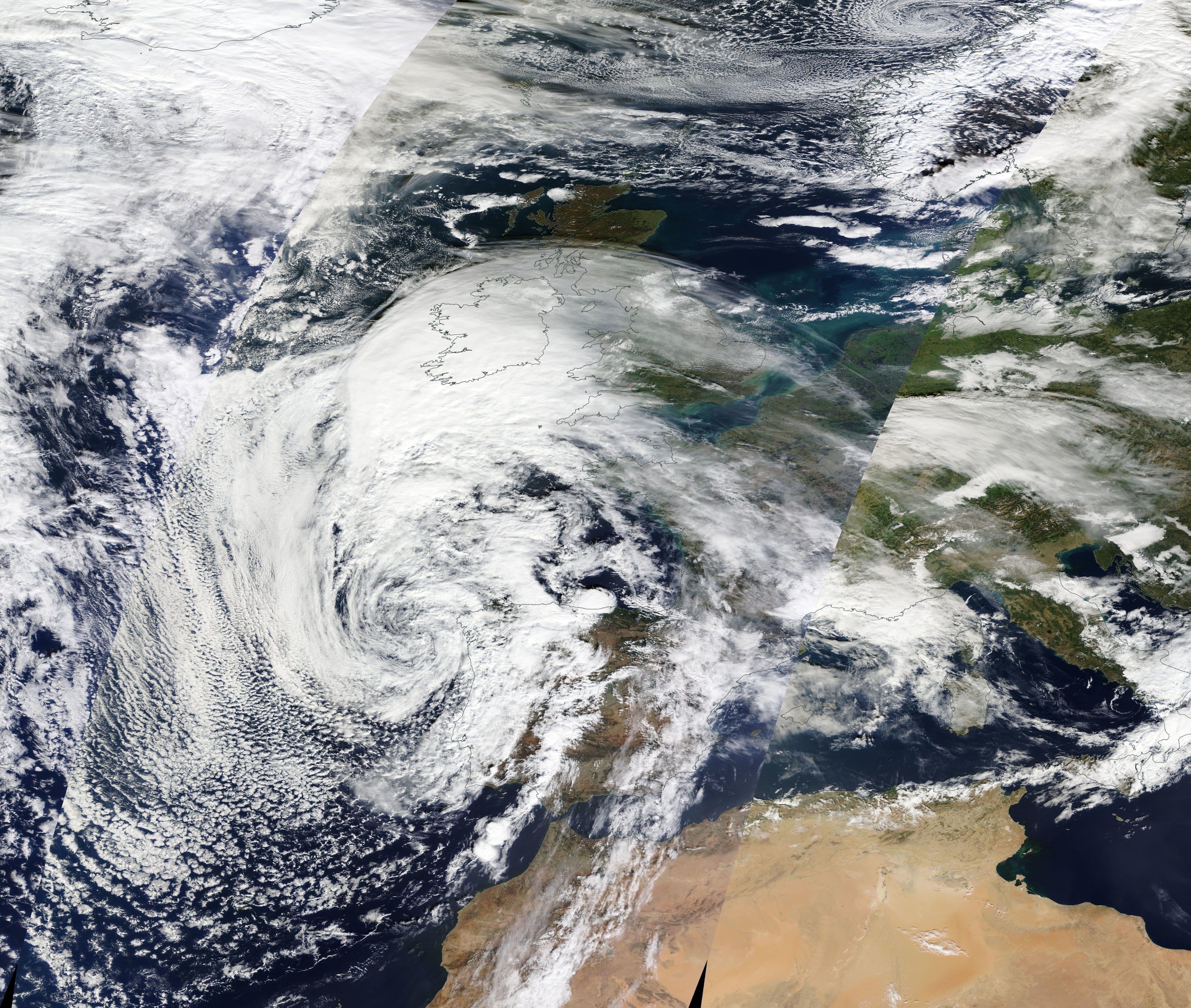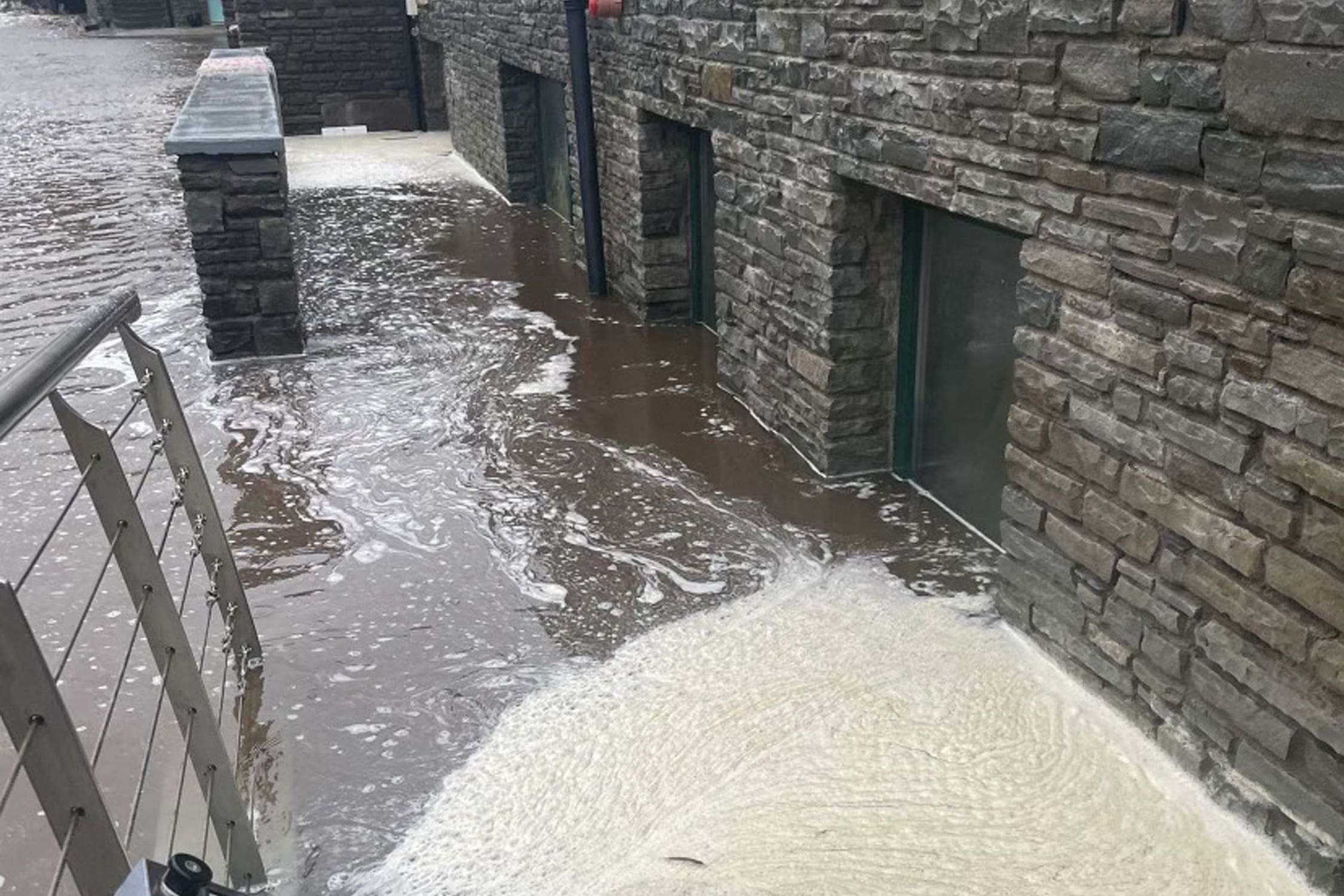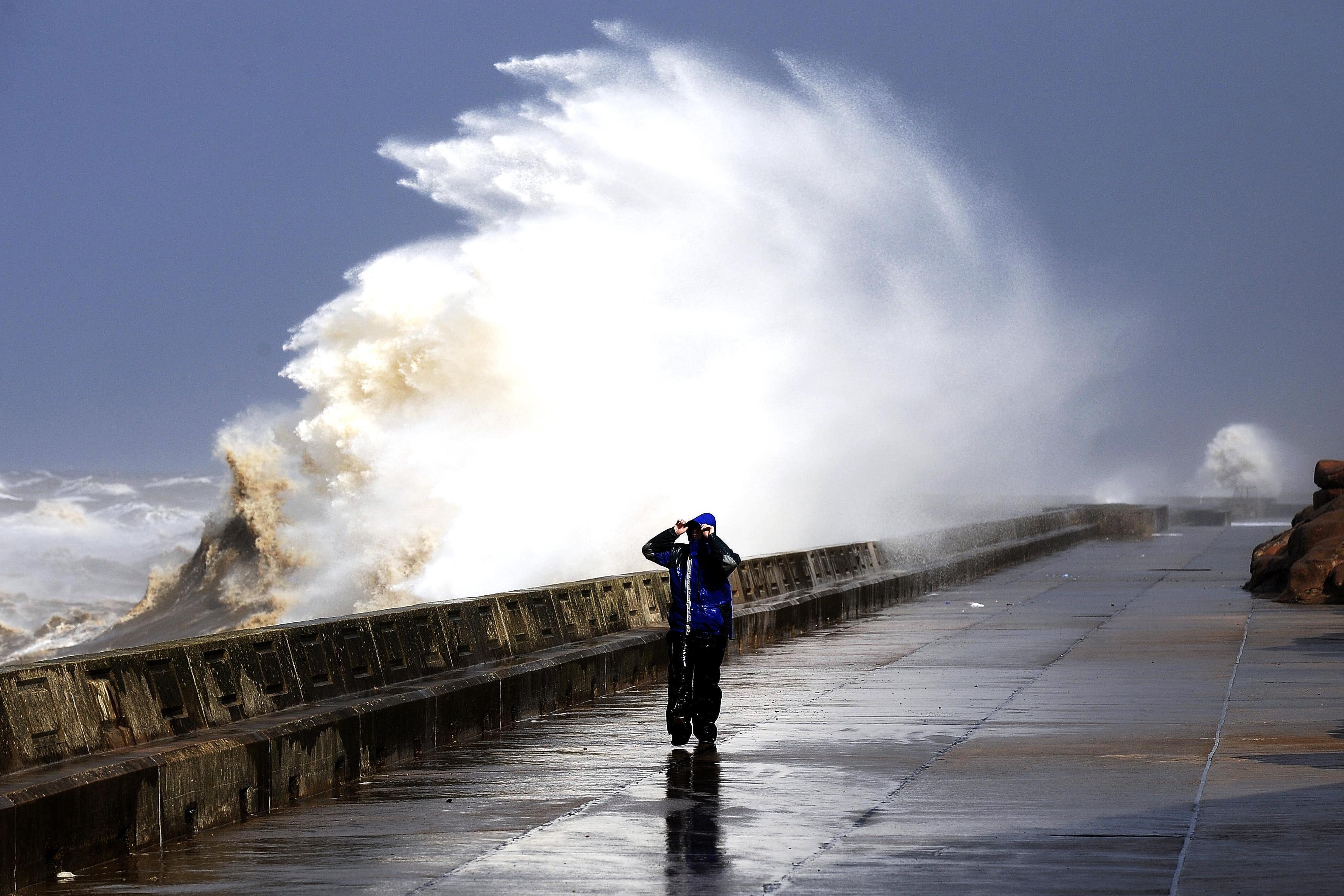From Babet to Walid: How and why storms get their names
The personal touch behind the weather phenoemons
The UK is braced for downpours and blustering gales as Storm Babet hurtles towards our shores.
The Met Office has issued red, amber and yellowweather warnings as the “exceptionally heavy” rain is set to hammer down across the UK.
Strong winds are also set to whip up across large swathes of the country, as the forecaster warns gusts upto 70mph could be seen in eastern parts of Scotland.
Flood warnings have also been issued as the British Geological Survey said landslides are also possible. Disruption to travel has already begun as multiple cancellations are seen across the country.
Storm Babet, which developed to the west of the Iberian Peninsula before moving north, is the second named storm of the season and will continue to impact Britain until Saturday, the Met Office said.
How are storms named?
For the 2023/24 season, the way the Met Office and Irish service Met Éireann names storms has changed.
Previously, names were drawn from a shortlist of favourites chosen by the public.
But now, the storms will be named after those working to protect people from severe weather around the UK.
Along with Met Eireann in Ireland and KNMI, the Dutch weather service, meteorologists name storms when they are expected to have a “medium” or “high” impact on people in the UK, Ireland or the Netherlands.
This helps communicate the seriousness of a storm to the public and helps people recognise what steps to take, the Met Office said.
The three organisations work together to compile the list of names before the following season, which runs from September to August.

Why do we name storms?
Will Lang, head of situational awareness at the Met Office, said: “This is the ninth year of us naming storms and we do it because it works.
“Naming storms helps to ease communication of severe weather and provides clarity when people could be impacted by the weather.”
What names are on this season’s list?
Storm Agnes was the first official storm of the season, and was named after Agnes Mary Clerke, an Irish astronomer and science writer.
The storm hitting this week, Babet, was chosen by the Dutch weather service KMNI and named after a woman who visited an open day at its headquarters and put her own name forward, as she said she “was born during a storm”.

The next storm this year will be named after Ciarán Fearon, who works in the Department for Infrastructure in Northern Ireland.
Further names on the list are:
- Debi
- Elin
- Fergus
- Gerrit
- Henk
- Isha
- Jocelyn
- Kathleen
- Lilian
- Minnie
- Nicholas
- Olga
- Piet
- Regina
- Stuart
- Tamiko
- Vincent
- Walid

This is the first year to break with the traditional male/female ordering of names so some of the more popular submitted names can be included, the Met Office said.
The name Minnie was inspired by Minnie the Minx from the Beano comic, after the inclusion of Storm Dennis in 2020.
A special feature on storms is expected to appear in a Beano issue this month.
Regina Simmons, who works for the Natural Resources Wales Warning and Informing team, is on the list after working to predict river and coastal flooding.
She said: “So many people think that flooding won’t happen to them. The first thing we can all do is check if our area is at risk of flooding before the rain starts to fall.”
Join our commenting forum
Join thought-provoking conversations, follow other Independent readers and see their replies
Comments


Bookmark popover
Removed from bookmarks